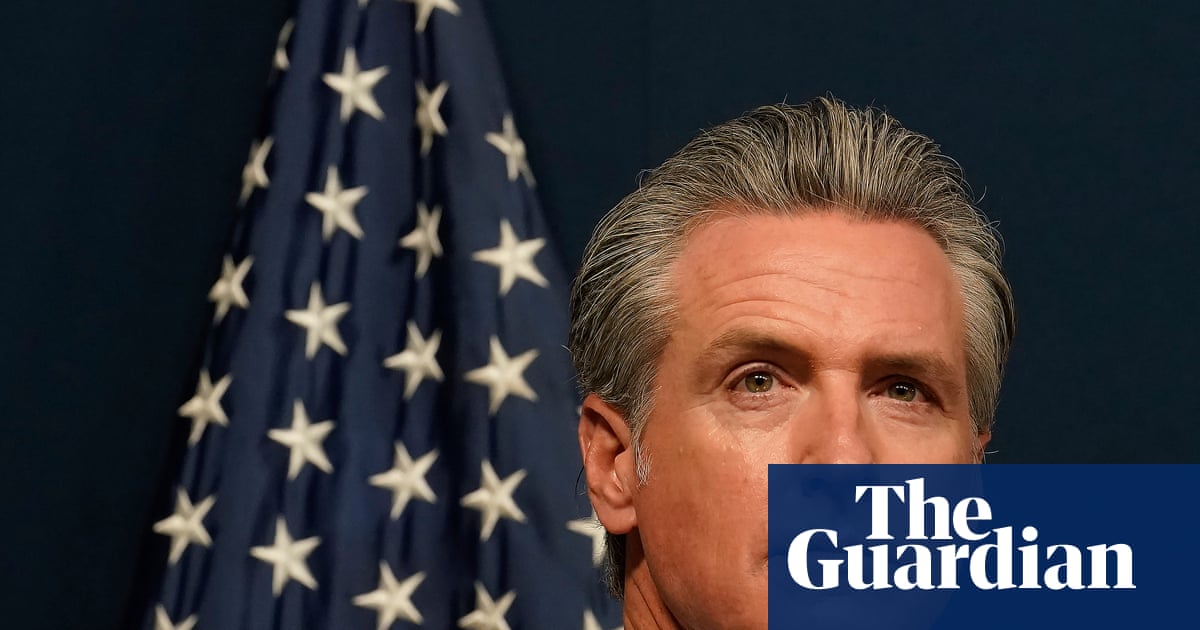Hundreds of generals and admirals will converge on Quantico, Virginia, on Sept. 30, 2025, after being summoned from across the globe by their boss, Pentagon chief Pete Hegseth. While Hegseth has not formally announced the purpose of the meeting, The New York Times reports that it will cover “aspects of what he calls a shift toward a ‘warrior ethos’ at the Pentagon.”
The meeting comes soon after President Donald Trump’s Sept. 5 executive order renaming the Department of Defense the “Department of War.” With that change, Trump reverted the department to a name not used since the 1940s.
The change represents far more than rebranding – it signals an escalation in the administration’s embrace of a militaristic mindset that, as long ago as 1961, President Dwight D. Eisenhower warned against in his farewell address, and that the nation’s founders deliberately aimed to constrain.
The timing of this name change feels particularly notable when considered alongside recent reporting revealing secret U.S. military operations. In 2019, a detachment of U.S. Navy SEALs crept ashore in North Korea on a mission to plant a listening device during high-stakes nuclear talks. The risks were enormous: Discovery could have sparked a hostage crisis or even war with a nuclear-armed foe.
That such an operation was approved by Trump in his first term at all exemplifies an increasingly reckless militarism that has defined American foreign policy for decades. That militarism is the very subject of my book, “Dying by the Sword.”
Further, the name change was announced just days after Trump authorized a U.S. military strike on a Venezuelan boat that the administration claimed was carrying drug-laden cargo and linked to the Tren de Aragua cartel. The strike killed 11 people. The administration justified the killings by labeling them “narcoterrorists.”

Abandoning restraint – deliberately
The Department of War existed from 1789 until 1947, when Congress passed the National Security Act reorganizing the armed services into the National Military Establishment. Just two years later, lawmakers amended the act, renaming the institution the Department of Defense.
Officials disliked the “NME” acronym – which sounded uncomfortably like “enemy” – but the change was not only about appearances.
In the aftermath of World War II, U.S. leaders wanted to emphasize a defensive rather than aggressive military posture as they entered the Cold War, a decades-long standoff between the United States and Soviet Union defined by a nuclear arms race, ideological rivalry and proxy wars short of direct great-power conflict.
The new emphasis also dovetailed with the new U.S. grand strategy in foreign affairs – diplomat George F. Kennan’s containment strategy, which aimed to prevent the expansion of Soviet power and communist ideology around the world.
Kennan’s approach narrowly survived a push to a more aggressive “rollback” strategy of the Soviet Union from its occupation and oppression of central and eastern Europe. It evolved instead into a long game: a team effort to keep the adversary from expanding to enslave other peoples, leading to the adversary’s collapse and disintegration without risking World War III.
On the ground, this meant fewer preparations for war and more emphasis on allies and intelligence, and foreign aid and trade, along with the projection of defensive strength. The hope was that shaping the environment rather than launching attacks would cause Moscow’s influence to wither. To make this strategy viable, the U.S. military itself had to be reorganized.
In a 1949 address before Congress, President Harry S. Truman described the reorganization sparked by the 1947 legislation as a “unification” of the armed forces that would bring efficiency and coordination.
But a deeper purpose was philosophical: to project America’s military power as defensive and protective, and for Truman, strengthening civilian oversight.
The wisdom of this restraint is clearest in Eisenhower’s farewell address of January 1961.
In less than 10 minutes, the former five-star general who had commanded Allied forces to victory in World War II cautioned Americans against the rise of a “military-industrial complex.” He acknowledged that the nation’s “arms must be mighty, ready for instant action,” but warned that “the potential for the disastrous rise of misplaced power exists and will persist.”
Creating new enemies, destabilizing regions
The risky North Korean team mission by the Navy SEALs illustrates how America’s militaristic approach often produces the very dangers it aspires to deter.
Rather than enhancing diplomacy, the operation risked derailing talks and escalating conflict. This is the central argument of my book: America’s now-reflexive reliance on armed force doesn’t make America great again or more secure. It makes the country less secure, by creating new enemies, destabilizing regions and diverting resources from the true foundations of security.
It also makes the U.S less admired and respected. The State Department budget continues to be dwarfed by the Department of War’s budget, with the former never reaching more than 5.5% of the latter. And the U.S. Agency for International Development, or USAID, once the leading arm of U.S. soft power as quiet purveyor development aid around the world, is now shuttered.
Today’s Pentagon budget exceeds anything Eisenhower could have imagined.
Trump’s rebranding of the Department of Defense into the Department of War signals a shift toward framing U.S. power primarily in terms of military force. Such a framing emphasizes the use of violence as the principal means of solving problems and equates hostility and aggression with leadership.
Yet historical experience shows that military dominance alone has not translated into strategic success. That’s the mindset that lost the U.S. endless wars in Afghanistan and Iraq, and failed in interventions in Libya and Syria – conflicts that altogether cost trillions of dollars and hundreds of thousands of lives while leaving the country less secure and eroding its international legitimacy.
“Only an alert and knowledgeable citizenry,” Eisenhower said, can compel the proper balance between military power and peaceful goals.
The very title of my and my co-author’s book comes from the Gospel of Matthew – Chapter 26, verse 52 – that “to live by the sword is to die by the sword.” Throughout modern history, true security has come from diplomacy, international law, economic development and investments in health care and education. Not from an imaginary “warrior ethos.”
America, I would argue, doesn’t need a Department of War. It needs leaders who understand, as Eisenhower did, that living by the sword will doom us all in the end. Real security comes from the quiet power that builds legitimacy and lasting peace. The U.S. can choose again to embody those strengths, to lead not by fear but by example.

 German (DE)
German (DE)  English (US)
English (US)  Spanish (ES)
Spanish (ES)  French (FR)
French (FR)  Hindi (IN)
Hindi (IN)  Italian (IT)
Italian (IT)  Russian (RU)
Russian (RU)  3 weeks ago
3 weeks ago
























Comments